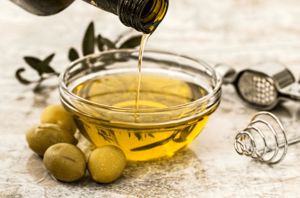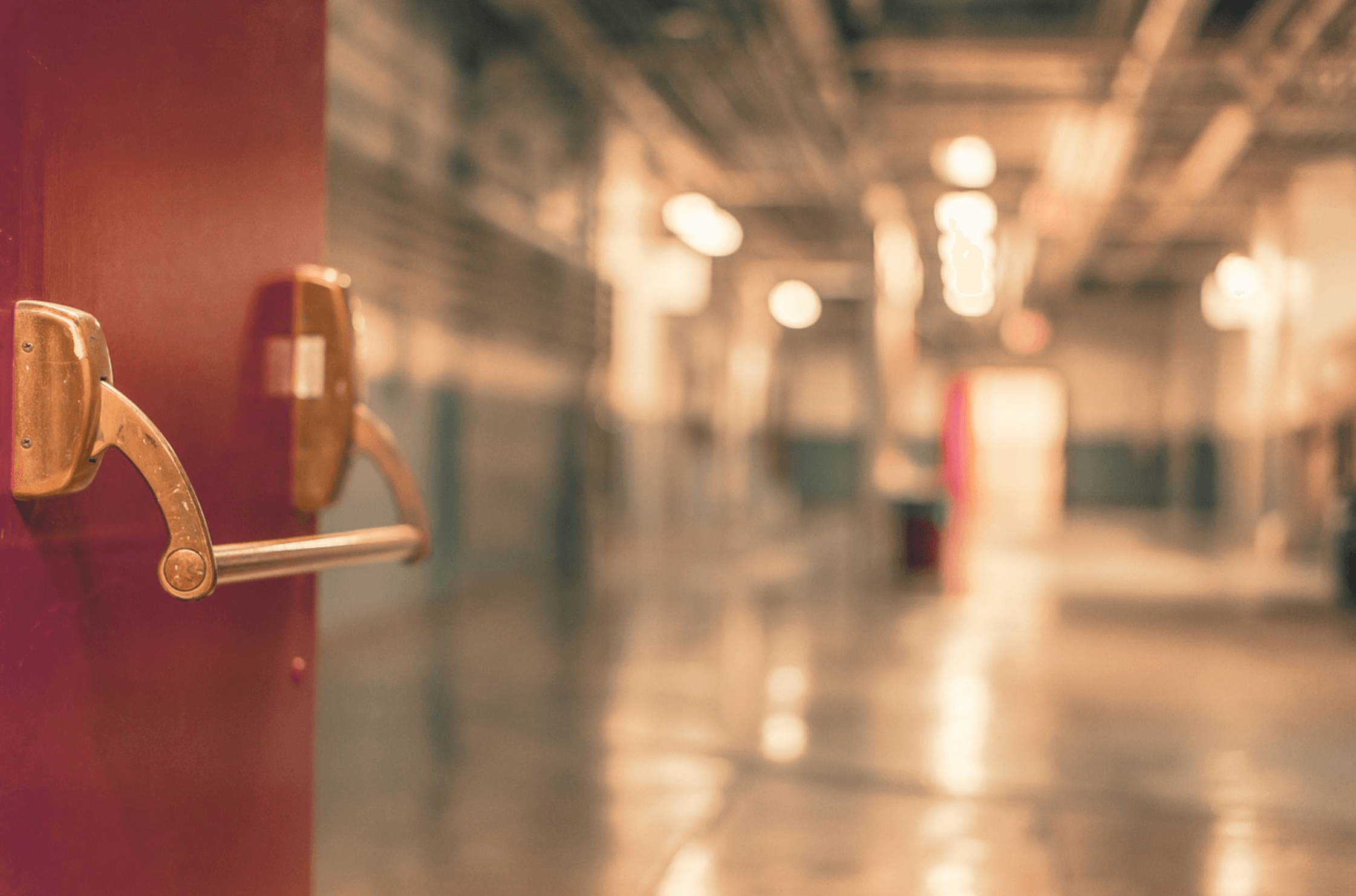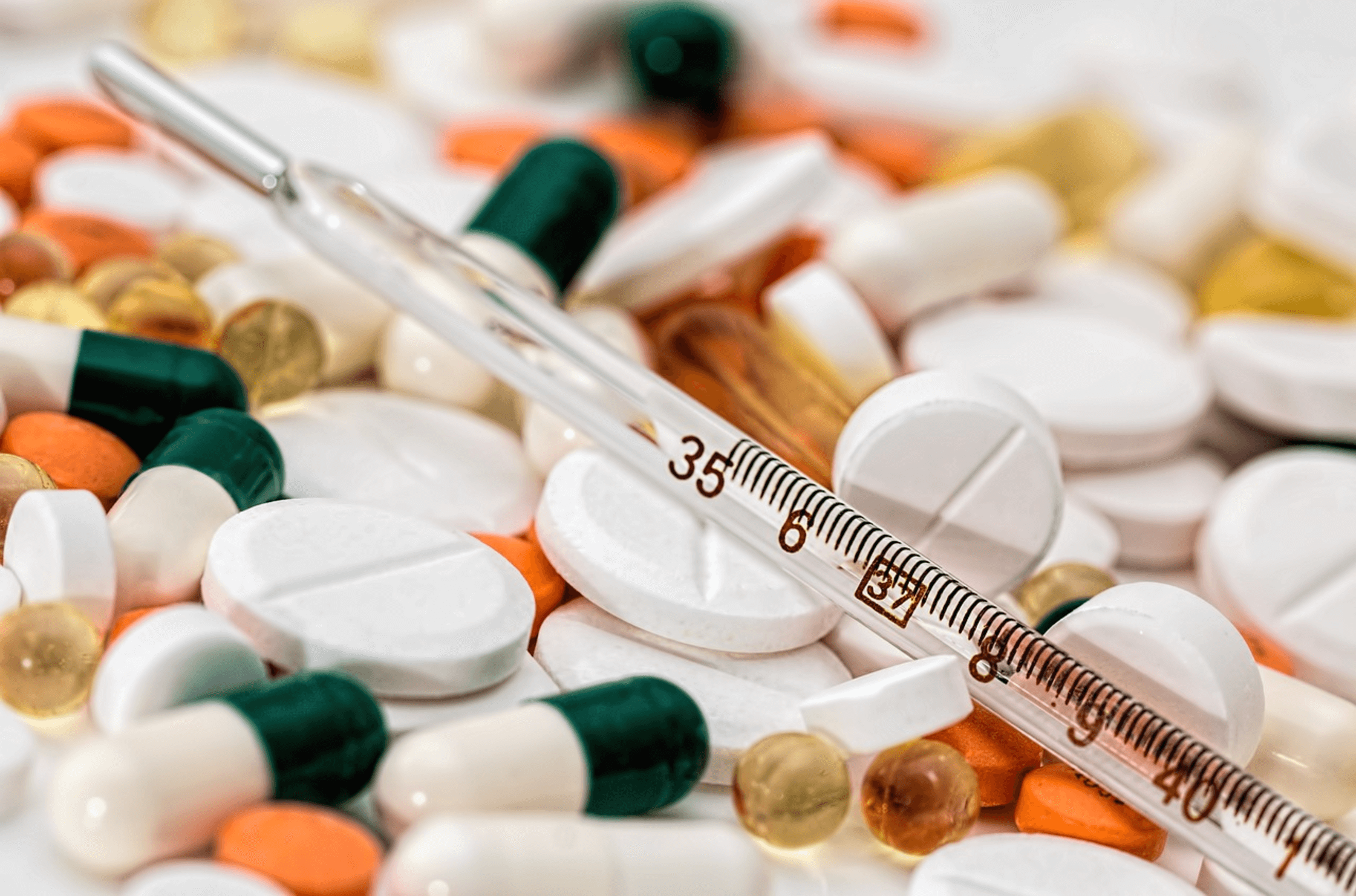Can anyone do Ruqyah or is it only for certain people?
There is a misconception that ruqyah is exclusive to certain individuals. Ruqyah can and should be performed by every Muslim.
Is reciting Ruqyah better than listening to it?
Recite yourself if you can do so in the proper manner. However, ruqyah may need to be done for long periods of time and you may be unable to recite for such durations. You can therefore listen to a ruqyah audio or have someone recite over you.
How long should the Ruqyah be recited or listened to?
Listen to ruqyah for a few hours daily. Ideally you should stop other activities and focus on the ruqyah until you get better. This may take several days or even longer depending on the severity of the illness/ magic/evil eye.
Reciting or listening to the Ruqyah is not making a difference.
If reciting or listening to ruqyah is not making a difference, question your yaqīn (conviction) and niyyah (intention). Do istighfār (seek forgiveness from Allah (subḥānahū wa taʿālā)) as there may be a sin which is stopping Allah’s (subḥānahū wa taʿālā) help. Istighfār opens all closed doors.
How does one know if they’re afflicted with evil eye, etc?
The best gauge for knowing whether one is afflicted is the Qur’ān. Nothing can hide from the powerful and supreme words of The Almighty (subḥānahū wa taʿālā). The afflicted person may feel pain while reciting or listening to ruqyah. They may also feel restless or scared. Other symptoms may include itching, vomiting, diarrhoea, fever, sweating, an urge to urinate or feeling sleepy. If these symptoms arise, continue reciting or listening to ruqyah, especially the āyāt that exacerbate these symptoms.
The person afflicted refuses to recite or listen to the Ruqyah.
One who does not want to recite or listen to ruqyah should be compelled as the shayṭān is stoppingthem from seeking treatment. If it’s still difficult, then someone else can recite and blow on water and oil. The afflicted person should be made to drink and use these.
Should illnesses be treated with Ruqyah only?
Magic and evil eye can often cause physical illnesses. These need to be treated medically alongside the ruqyah. Along with conventional medicine, one should adopt a healthy lifestyle and implement the Sunnah prescription of eating less but more wholesome foods. Our consumption and the means to obtain it should also be ḥalāl. After ruqyah, one may feel weak. Eating foods which are high in energy, such as talbīnah (barley porridge), is therefore helpful.
Are there specific āyāt in the Qur’ān that have more impact?
The Qur’ān has many āyāt of ruqyah. The strongest are Sūrah al-Fātiḥah, Āyat al-Kursī and the lastthree sūrahs of the Qur’ān. Recite or listen to these for long durations where possible. If certain āyāt elicit greater symptoms, then these should be repeated if possible. You can also add other verses which mention the Greatness and the Oneness of Allah such as 2:164, 3:18, 7:54, 23:118, 72:3, 37:1-10, 59:24, Sūrah al-Mulk and al-Raḥmān.
Do the Sunnah morning and evening adhkār help?
The morning and evening adhkār are the best means of safeguarding oneself from evil eye, magic andother afflictions. In addition to these adhkār, the ruqyah treatment should also be done if a person is afflicted. The morning and evening adhkār are highly important and should never be abandoned even after being cured, as one will always remain exposed to evil afflictions if one neglects these adhkār. The morning and evening adhkār are highly important and should never be abandoned. One who is cured by Ruqyah will always remain exposed to evil afflictions if they neglect these adhkar.
Why should one blow after reciting Ruqyah?
Blowing with the saliva is an important part of the ruqyah. This physical element should not be underestimated, as Ibn al-Qayyim (raḥimahullāh) explains in Zād al-Ma‘ād. “Blowing is done by both pure and evil souls, as Allah (subḥānahū wa taʿālā) said: ‘And from the evil of the blowers in knots.’ (113:4) Those who do magic tie knots and blow onto them words of magic, mixing them with their saliva which work on the victims even in their absence. However, the pure souls counter this by blowing with the powerful words of The Almighty (subḥānahū wa taʿālā). This is because the pure souls and the majestic words of Allah (subḥānahū wa taʿālā) clash with and destroy the ‘evil’ from the evil souls (whether they are magicians, evil jinns or enviers).
What is a Ruqyah bath?
A ruqyah bath is where one bathes in water that has been recited upon. Whilst reciting ruqyah over the water, one should keep their mouth close to the water, breathe into the water and repeatedly blow over it. Baths should be done daily for positive results. For more severe afflictions, daily baths should continue until symptoms subside.
Rely Only on Allah
‘Abdullāh ibn ‘Abbās (radiy Allāhu ʿanhumā) said: “One day I was behind the Messenger of Allah ﷺ (on a camel) and he said to me: ‘Son, I will teach you some words: Be mindful of Allah (subḥānahū wa taʿālā) and He will be mindful of you. Be mindful of Allah (subḥānahū wa taʿālā) and you will find Him in front of you. When you ask, then ask Allah (subḥānahū wa taʿālā). When you seek help, then seek help from Allah (subḥānahū wa taʿālā). Know that if the nation gathered together to benefit you with something, they would only benefit you with something that Allah (subḥānahū wa taʿālā) has already written for you. If they gathered together to harm you with something, they would only harm you with something that Allah (subḥānahū wa taʿālā) had already written against you. The pens have been lifted and the pages have dried.’” (Tirmidhī)







